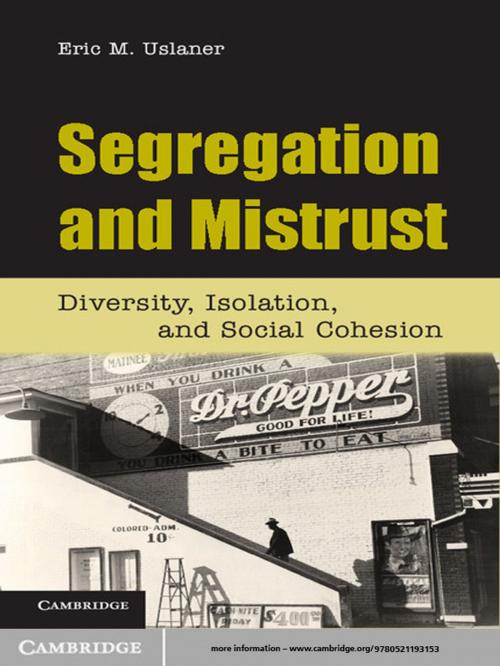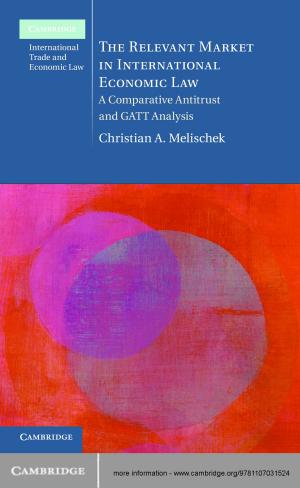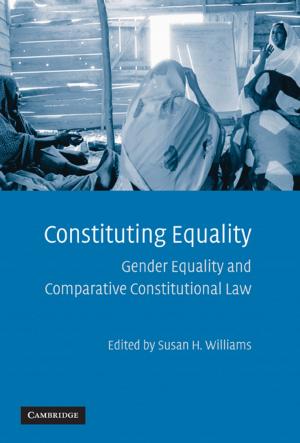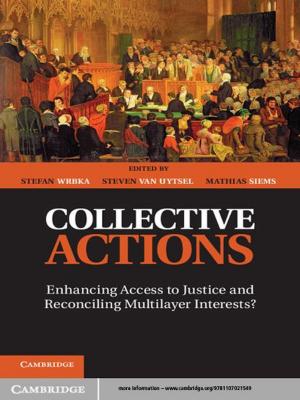Segregation and Mistrust
Diversity, Isolation, and Social Cohesion
Nonfiction, Social & Cultural Studies, Political Science, International, Foreign Legal Systems, Social Science| Author: | Eric M. Uslaner | ISBN: | 9781139793063 |
| Publisher: | Cambridge University Press | Publication: | September 17, 2012 |
| Imprint: | Cambridge University Press | Language: | English |
| Author: | Eric M. Uslaner |
| ISBN: | 9781139793063 |
| Publisher: | Cambridge University Press |
| Publication: | September 17, 2012 |
| Imprint: | Cambridge University Press |
| Language: | English |
Generalized trust – faith in people you do not know who are likely to be different from you – is a value that leads to many positive outcomes for a society. Yet some scholars now argue that trust is lower when we are surrounded by people who are different from us. Eric M. Uslaner challenges this view and argues that residential segregation, rather than diversity, leads to lower levels of trust. Integrated and diverse neighborhoods will lead to higher levels of trust, but only if people also have diverse social networks. Professor Uslaner examines the theoretical and measurement differences between segregation and diversity and summarizes results on how integrated neighborhoods with diverse social networks increase trust in the United States, Canada, the United Kingdom, Sweden and Australia. He also shows how different immigration and integration policies toward minorities shape both social ties and trust.
Generalized trust – faith in people you do not know who are likely to be different from you – is a value that leads to many positive outcomes for a society. Yet some scholars now argue that trust is lower when we are surrounded by people who are different from us. Eric M. Uslaner challenges this view and argues that residential segregation, rather than diversity, leads to lower levels of trust. Integrated and diverse neighborhoods will lead to higher levels of trust, but only if people also have diverse social networks. Professor Uslaner examines the theoretical and measurement differences between segregation and diversity and summarizes results on how integrated neighborhoods with diverse social networks increase trust in the United States, Canada, the United Kingdom, Sweden and Australia. He also shows how different immigration and integration policies toward minorities shape both social ties and trust.















